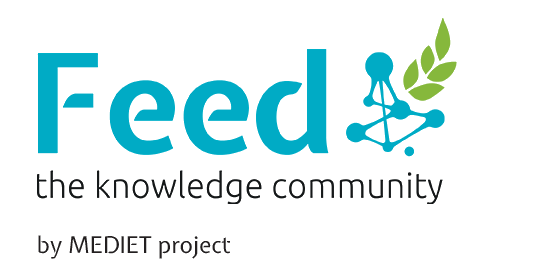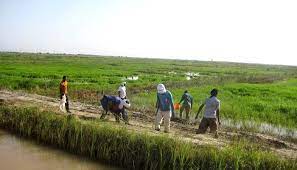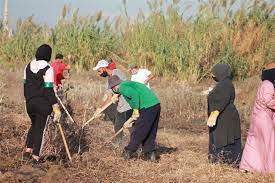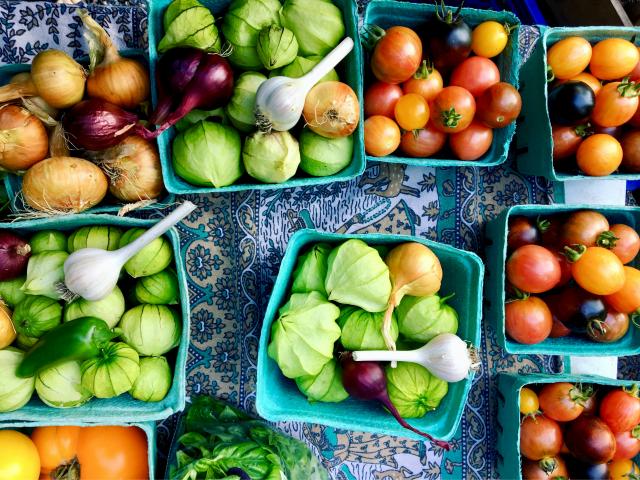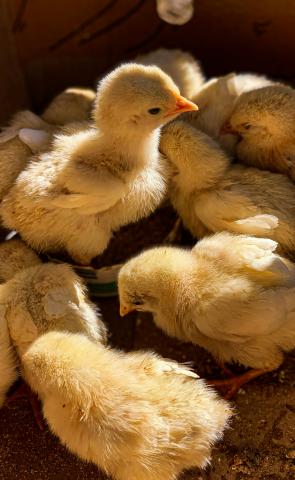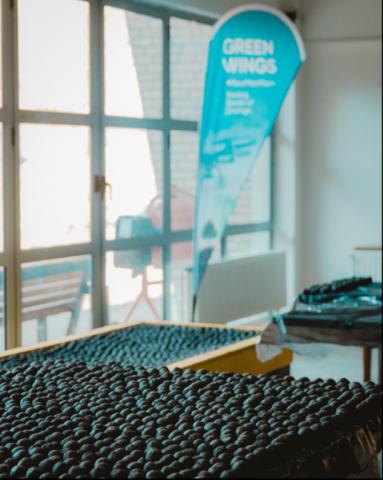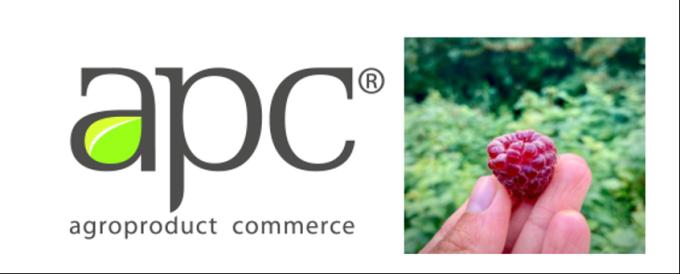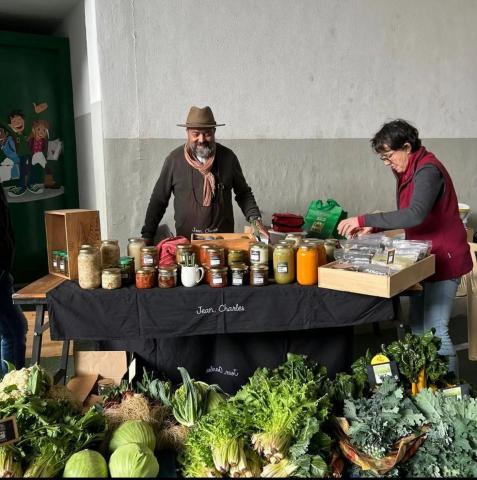Period
2019 - 2020
In Beni Khedech, Tunisia, a pioneering practice led by the El Wifak Agricultural Development Group (GDA) aimed to uplift rural women by valorizing goat milk through cheese processing. With support from GIZ, a processing centre was established, while PRODEFIL provided training and funding. Fifteen women received intensive cheese processing training, expanding their product range from traditional lben to yoghurt, "petits suisses," and Italian cheese. Despite seasonal challenges, the women adapted by sourcing cow's milk to maintain production throughout the year. While initial revenues covered operating costs, the action holds promise for long-term profitability, with potential socio-economic impacts that go beyond economic gains. Through collaborative efforts, the practice exemplifies the transformative potential of grassroots initiatives in rural development
You must be registered to see all the content
Identification needs
Goat breeding is a traditional female activity in the Beni Khedech region. This area needs the implementation of income generating micro-projects in order to contribute to its rural development. A project to valorize goat milk through processing aims to improve the income of rural women in the region.
Stakeholder change
In 2019, the Agricultural Development Group (GDA) El Wifak in partnership with GIZ set up a center for the collection, valorization and marketing of goat milk in Ksar Hallouf (governorate of Medenine, Tunisia). As this was an innovative valorization practice that generates employment for rural women, the PRODEFIL program through the Regional Commissariat for Agricultural Development (CRDA) of Medenine, provided financial support and accompanied the capacity building of women. As goat rearing is a traditional activity, training and coaching focused on adding value through cheese processing. The CRDA also proposed to the GDA El Wifak to submit a project complementary to the milk collection project, in the framework of a call for projects launched by PRODEFIL. The GDA has designed an activity of processing goat milk to help improve the income of women in Beni Khedech (Menzela and Ksar Halouf). It has obtained funding for this activity.
Change triggered
Since the goats' lactation period is seasonal (between January and May), the women started with cow's milk. The GDA El Wifak buys an average of 600 liters of cow's milk every 3 to 4 days. The women continue to add value to cow's milk during and after the goat lactation season, in order to maintain the activity throughout the year and diversify the products. In the spring of 2020, the 15 women had not yet been paid, as the processing unit was still in its infancy. The amount of cheese produced and sold so far mainly covers the unit's operating expenses, namely the purchase of milk and electricity. To encourage the women members, the GDA buys the milk from their respective goats and a small premium on the products sold. The by-products of the milk produced are mainly sold locally to guest houses and pastries.
Short description
A collection and processing center has been set up at the headquarters of the GDA El Wifak by GIZ. This organization also financed the basic infrastructure for the development of milk and its derivatives, and the purchase of a vehicle to collect and transport milk. In addition, the CRDA has allocated 370 goats to 70 rural women (5 goats per woman) under PRODEFIL. These women were selected on the basis of a set of criteria (e.g., possession of a small livestock pen and a small herd). Women of all ages benefited from this donation. Of the 70 women, 15 young women were selected to work in the goat milk processing unit. They received three weeks of training on the methods of manufacturing milk by-products. In addition to traditionally manufactured products such as lben and djeben, the trainer, who is a professor in Tunis, also taught them other manufacturing recipes such as plain yogurt, “petits suisses” and Italian cheeses (ricotta and mozzarella). The 15 women work in groups and in rotation. Each group of 5 women works one week out of three.
